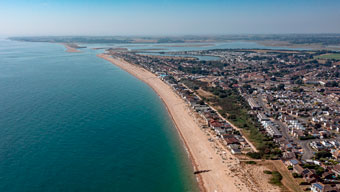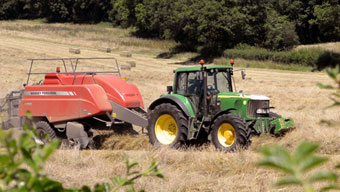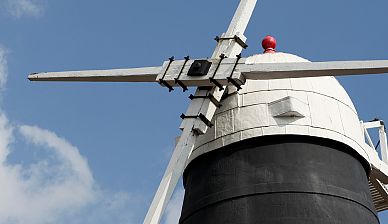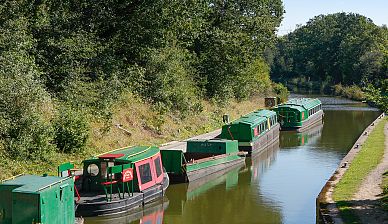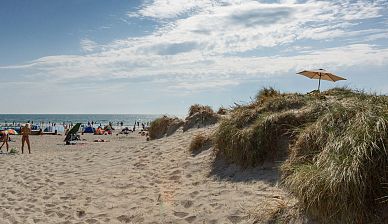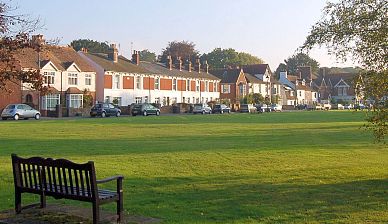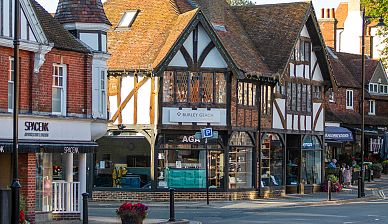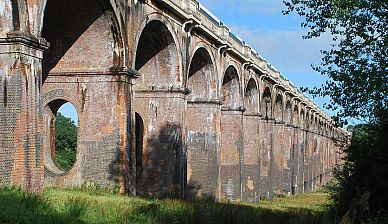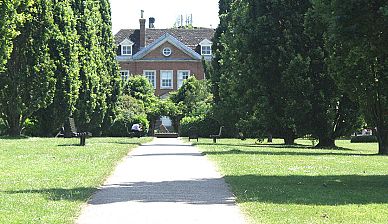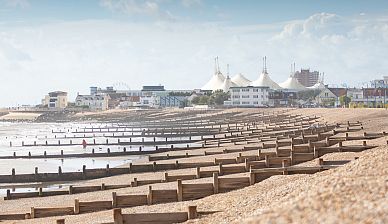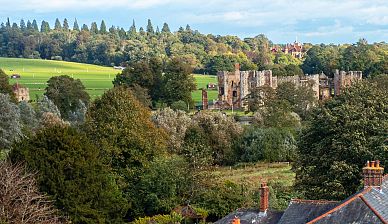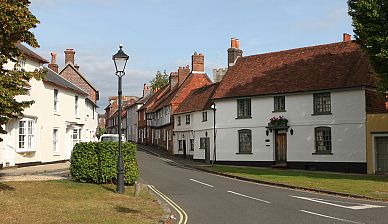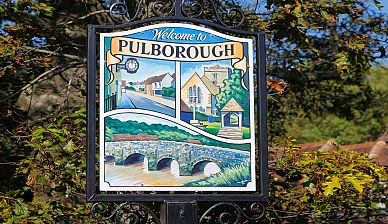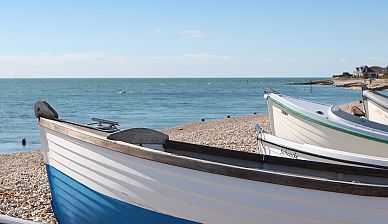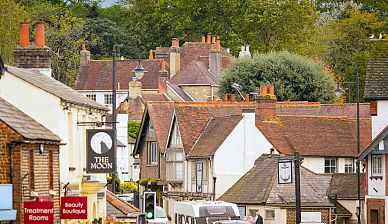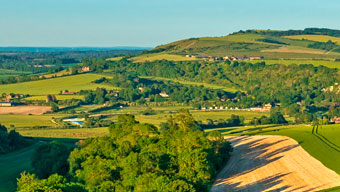Nitrate Mitigation – An opportunity for farmers
Nitrate Mitigation – An opportunity for farmers
In recent months, developers, local authorities and Natural England have been scrabbling to quickly deal with new guidance concerning the impact of housing developments on water quality. In a nutshell, Natural England have advised local authorities that house building will worsen the already high levels of nitrates in the Solent, thus endangering habitats of European Importance.
As a consequence, developments in the region have effectively been halted unless each site can demonstrate that it will not worsen the level of nitrates. 'Nitrate neutrality' is a balancing act, whereby the increased levels of nitrogen entering the public sewers need be balanced against, say, the reduced amounts of nitrogen fertiliser being applied to agricultural fields, because those fields will be covered in new housing.
Many developers have a shortfall in their calculations and therefore need to achieve nitrogen reductions off-site and are looking to the farming community for opportunities. The NFU have lobbied a range of opportunities, such as precision farming, which can successfully reduce nitrogen usage. However, Natural England have been quite clear that they want to see land taken out of agricultural production (and ideally planted with trees) because of the 'additional' environmental benefits this will provide to wildlife. Tree cover is easily monitored too.
There is an immediate opportunity, for farmers and landowners to revert agricultural land to forestry. The land does not need to be sold or leased to a developer, but instead the two parties can enter into an environmental covenant, whereby the farmers plants trees and forever maintains it as woodland.
The payment available to farmers will vary and is generally priced in £ per kilogram of nitrogen. As an example, it’s generally accepted that cereal land leaches around 30kg of nitrogen per hectare per year, but woodland releases just 5kg. So that’s a 25kg saving.
Winchester City Council are demanding £3500 for every kilogram of nitrogen a builder needs to offset. That’s £87,500 per hectare or £35,000 per acre. So the opportunity for the farmer is to undercut the Council and offer an alternative solution.
It’s not all that easy though. Natural England would prefer not to use good productive land, but then again, they don’t like to use upper catchment land either. This doesn’t seem to work in the majority of locations, but we haven’t seen or heard of many sites being turned down either.
If you want to discuss whether your land might be suitable for nitrate mitigation, then do get in touch with Andrew Thomas or Simon Lush in our Rural & Farming Department.
Are you a farmer or landowner that needs professional advice?
The Rural team has offered a highly-respected service to farmers and landowners throughout Sussex, Surrey and Hampshire for over 25 years.
Find out more

